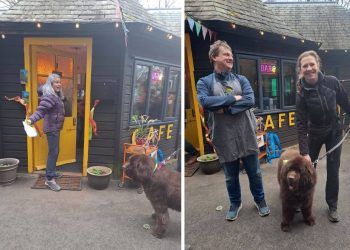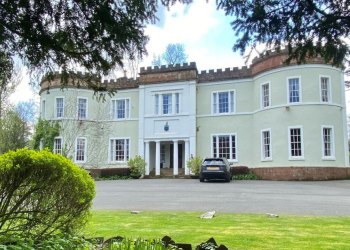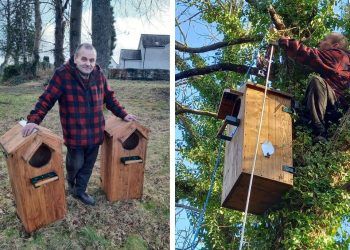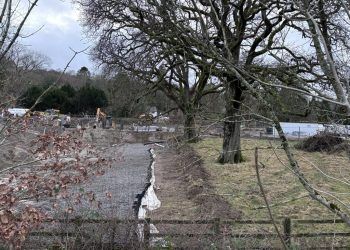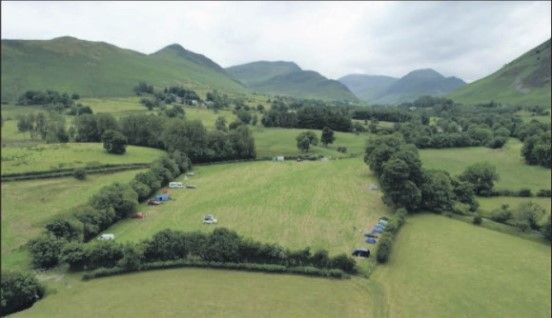
A Lake District hill farming family’s diversification proposal to create a tents-only campsite in an agricultural field in the heart of the Newlands Valley has been rejected by planners concerned about its impact on the surrounding landscape.
Members of the Lake District National Park Authority’s development control committee unanimously backed a planning officer’s recommendation Wednesday to refuse permission for a ‘permanent’ campsite on the land north of Stair to operate between March 15 and September 31.
It was felt the development and associated activity in the 2.1 hectare field would result in an adverse visual landscape impact that would harm the undeveloped pastoral character and appearance of the land and surrounding area.
A report to the meeting said there had been 76 letters of objection received to the application submitted by Mr S Harryman.
Residents and some visitors to the area had complained that a temporary “pop-up” version of the campsite for 56 days last summer had created a range of problems.
They cited litter, excessive noise, large parties, music and traffic congestion through Portinscale and down to Stair, and ruined views from the surrounding fells.
But the meeting was also informed that there had been eight letters of support saying that the campsite had been well managed last year and would provide a wider variety of visitor accommodation and support a range of local businesses including the nearby Swinside Inn.
Representing the fifth generation farming family that has resided and farmed the land in the valley for more than 100 years, Wendy Cardiff said that due to recent changes to farming subsidies brought about by the ever changing political environment has meant that the farm is forced to embrace change and seek alternative sources of income.
She said that the family’s primary concern when embarking on the venture was to sustain and look after the environment, annually returning the land back to its former condition to provide silage to feed cattle during the winter months.
‘‘Our vision is to create and outdoor space that can be enjoyed by everyone, while respecting the environment,’’ she said. ‘‘Our current operating model of a pop-up campsite open for 28 days a year during the height of summer does not provide us with the necessary time or funding to maximise our investment or to effectively manage and minimise the impact on the local community.’’
Development control committee chairman Geoff Davies said that Allerdale Borough Council and Upper Derwent Parish Council had been ‘‘inundated’’ with complaints after the field became home to a pop-up campsite last year. He said that he had been heartened by the presentation from Ms Cardiff which said the family had learned lessons from running the pop-up campsite.
But he said that the campsite would be in a ‘‘fairly unspoilt part of the Lake District’’ and his main concern was the view of the development from higher up rights of way.
Jay Sayers said she felt torn between the needs of the farming family and the needs of the Lake District particularly because the campsite offered an experience in the national park for those from less wealthy backgrounds unable to afford to stay in hotels and guesthouses. She wondered if in future it was possible to look at a proposal that would have less impact.



